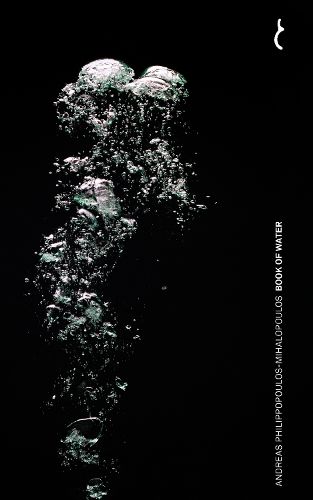Readings Newsletter
Become a Readings Member to make your shopping experience even easier.
Sign in or sign up for free!
You’re not far away from qualifying for FREE standard shipping within Australia
You’ve qualified for FREE standard shipping within Australia
The cart is loading…






Andreas Philippopoulos-Mihalopoulos's Book of Water is a collection of short stories about desire, fear, life, care, and ecological anxiety, all narrated through the physical and metaphysical presence of water. This water is not the open, bucolic water of the romantic imagination. It is the claustrophobic water of the deep seabed, the flooded cities, the womb. It is a water that brings oblivion, serenity, and salvation.
At first impression, the stories are narrated by a multiplicity of voices preoccupied with everyday psychological situations. At some point, however, the quotidian withdraws and gives way to surreal and disorienting moments of ethical, political, psychoanalytical, ecological, and personal challenges. The book is a literary response to the current geological epoch of the Anthropocene, where the effect of the human presence on the planet and its various elements seems by now irreversible. The bodies in this collection are not limited to the human-nonhuman and inhuman alike centre in the stories. The protagonist, however, remains the body of water.
$9.00 standard shipping within Australia
FREE standard shipping within Australia for orders over $100.00
Express & International shipping calculated at checkout
Andreas Philippopoulos-Mihalopoulos's Book of Water is a collection of short stories about desire, fear, life, care, and ecological anxiety, all narrated through the physical and metaphysical presence of water. This water is not the open, bucolic water of the romantic imagination. It is the claustrophobic water of the deep seabed, the flooded cities, the womb. It is a water that brings oblivion, serenity, and salvation.
At first impression, the stories are narrated by a multiplicity of voices preoccupied with everyday psychological situations. At some point, however, the quotidian withdraws and gives way to surreal and disorienting moments of ethical, political, psychoanalytical, ecological, and personal challenges. The book is a literary response to the current geological epoch of the Anthropocene, where the effect of the human presence on the planet and its various elements seems by now irreversible. The bodies in this collection are not limited to the human-nonhuman and inhuman alike centre in the stories. The protagonist, however, remains the body of water.